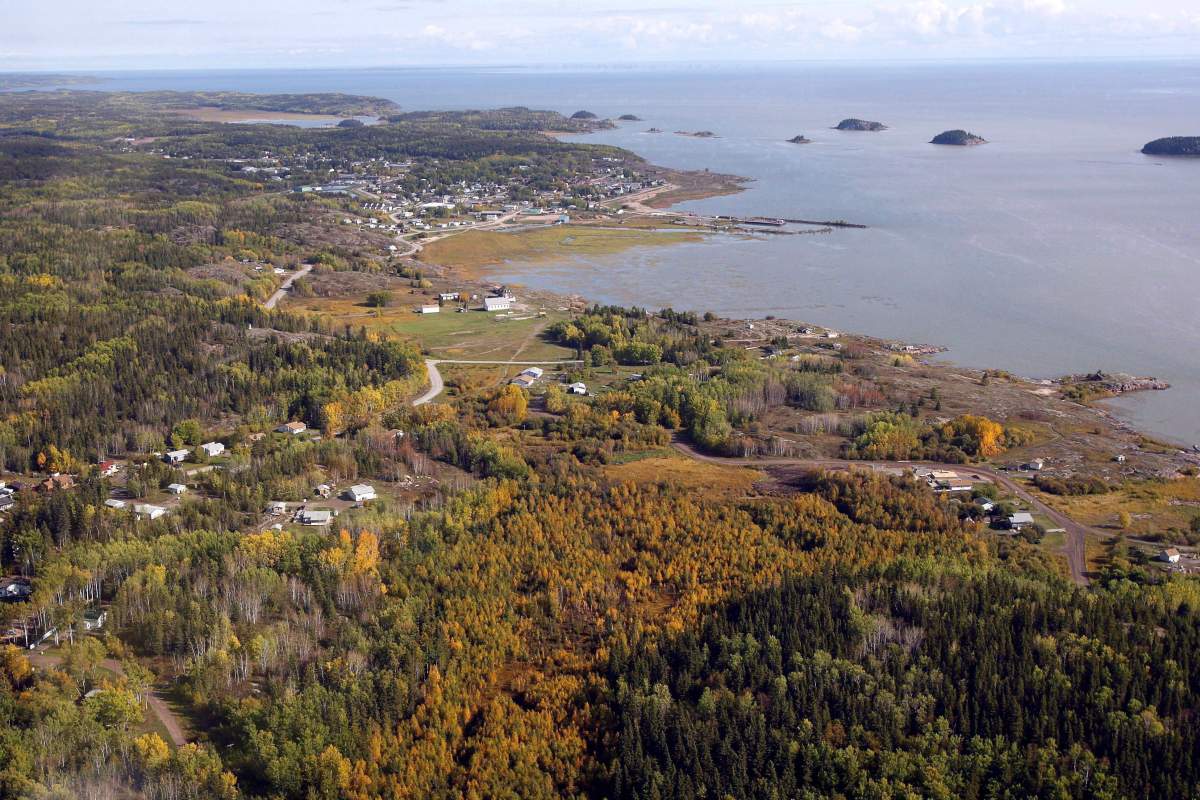Two prominent water scientists say a debate over Canada’s largest national park has become politicized and industrial development is being blamed for changes it didn’t cause.

Brent Wolfe of Wilfrid Laurier University and Roland Hall from the University of Waterloo say B.C. Hydro dams have had only a marginal effect on Wood Buffalo National Park in northern Alberta.
READ MORE: Environment assessment suggests Wood Buffalo National Park is threatened by industry, climate change

Get daily National news
They say the world’s second-largest freshwater delta has been drying out for more than a century because of long-term climate change.
The park has been the subject of an extensive federal study over concerns its value as a UNESCO World Heritage Site is deteriorating.
That study concluded that upstream dams have been a big factor in the changes noticed by local Indigenous people.
READ MORE: International scientists say Wood Buffalo World Heritage Site ‘significantly threatened’
Wolfe and Hall say blaming industry may lead to pointless attempts to mitigate the changes.
They say there may not be anything that can be done.

Comments
Want to discuss? Please read our Commenting Policy first.